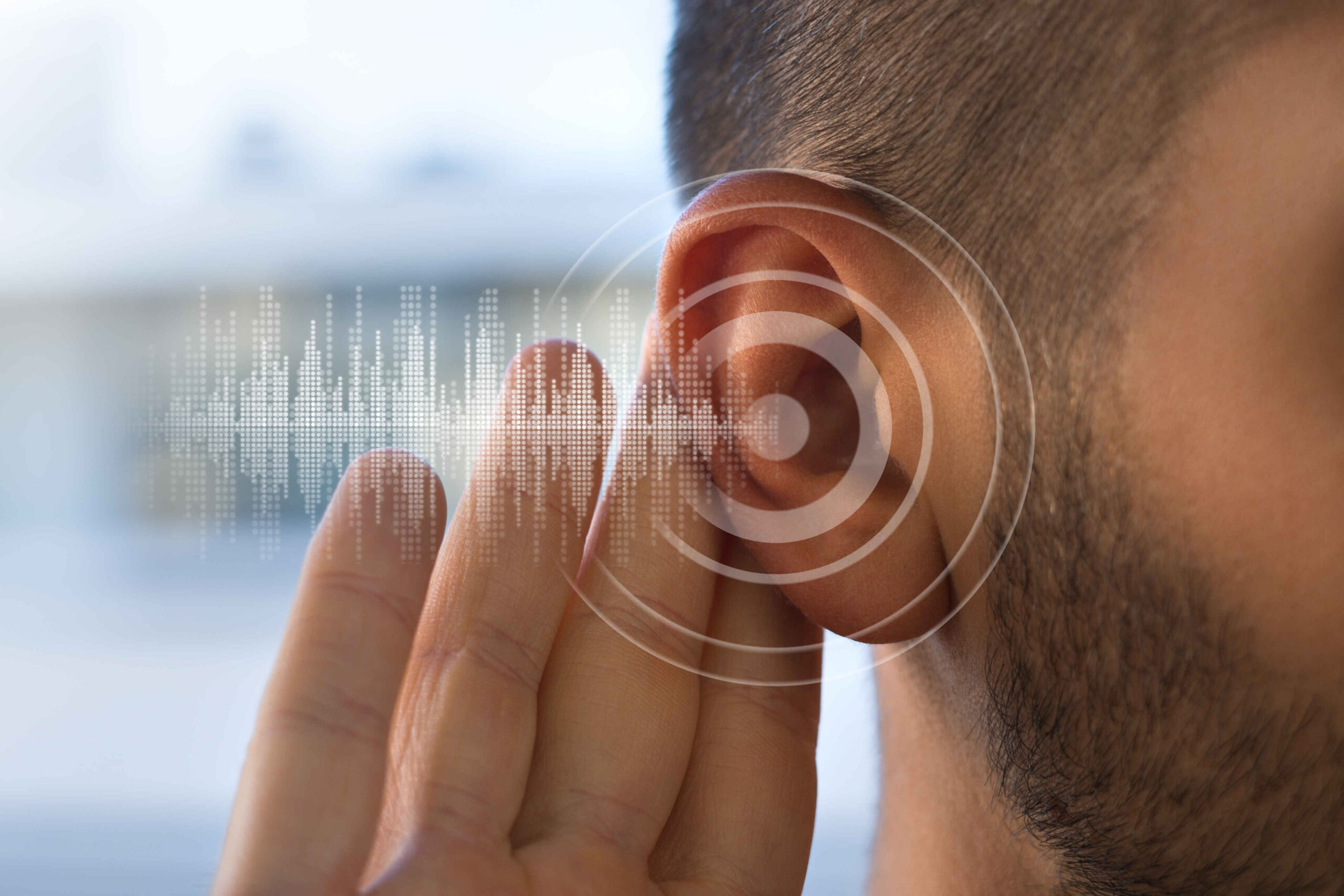Our hearing health is strongly connected to our ability to engage and relate with the world around us. Yet hearing loss impacts approximately 15% of all Americans aged 18 and older. While hearing loss is not always preventable, recognizing the early signs of hearing loss is crucial to ensure timely and effective treatment.
Drawing from my experience as an audiologist, I’ve witnessed the significant impact early detection can have on a patient’s overall health. In this article, I’ve highlighted the most common early signs of hearing loss, along with guidance on what steps to take if you observe changes in your hearing.
What Are Some Early Signs of Hearing Loss?
Hearing loss often occurs gradually rather than abruptly. It’s important to stay vigilant and take proactive steps if you notice any of the following indicators in yourself or someone you care about. Below are some early signs to be mindful of:
- Struggling to differentiate speech from background noise
- Constantly needing to have people repeat what they’ve said
- Straining to hear when people are talking
- Difficulty following along with complex conversations
- Having the perception that others are mumbling or speaking softly
- Needing to listen to TV or radio at high volumes
- Responding inappropriately in conversations
- Avoiding previously-enjoyed hobbies or social situations
- Taking medications that may harm hearing (make sure you and your hearing care professional are closely monitoring any changes in your hearing when taking a medication that is connected to hearing loss as a side effect.)
- History of exposure to loud sounds
- Medical conditions such as diabetes, heart disease, and thyroid or circulation problems
- Family history of hearing loss
It’s important to remember that hearing loss can happen to anyone. If you notice any of the early signs above in yourself or a loved one, it is important that you schedule an evaluation with your hearing professional right away.
Check out HearingLoss.com’s FAQ page for an in-depth look at the common causes of hearing loss and familiarize yourself with what hearing loss looks and feels like, along with the reasons it occurs. You can also use the Guided Hearing Experience to test your hearing online and get some recommendations for the next steps.
Other Conditions That May Be Related to Hearing Loss
In addition to the signs mentioned above, certain conditions could indicate an issue with hearing* or increase your risk of hearing loss. These include:
- Ear pain or discomfort – Persistent pain or discomfort in the ear may indicate an underlying problem, such as an infection or blockage, both of which could lead to hearing loss if not addressed.
- Tinnitus – A ringing, buzzing, or hissing noise in the ear that has no obvious external sound source. Of the 50 million Americans suffering from tinnitus, an estimated 90% also struggle with some degree of hearing loss.
- Dizziness or vertigo – Both of these conditions are related to issues in the inner ear and may signify an infection, injury, or other condition that could ultimately impact hearing health.
- A sensation of fluid or pressure in the ear – These sensations can be caused by ear conditions such as infections or Eustachian tube dysfunction and, left untreated, could lead to progressive loss of hearing.
- Recurrent ear infections – Schedule an appointment with a hearing care provider if you notice recurring ear pain, redness, or discharge.
- Listening fatigue – If you’re experiencing hearing loss, your brain has to work extra hard to process the sounds around you. This additional work can sometimes result in “listening fatigue” in social situations, which may present as headaches, stress, low energy, or difficulties following along with conversations.
*Bear in mind that while the above conditions could be related to or caused by hearing loss, they are not always direct signs or symptoms. They could instead result from a separate issue altogether. An evaluation by a hearing care provider can give you insight into what might be going on, as well as guide you on what you can do to address the problem if related to your hearing.
Protecting Your Hearing
Recognizing the early signs of hearing loss puts you one step ahead in tackling the problem and seeking the right treatment. Combined with proactive measures like yearly hearing evaluations and prioritizing your general ear health, it could make all the difference in protecting your hearing now and in the future.
Not sure where to start with treatment or prevention? HearingLoss.com has made it easy to find certified hearing specialists in your area; just look for the double check next to the location name. To get the support you need, schedule an appointment with our team at Eastpoint Audiology or find a certified provider in your local area.


